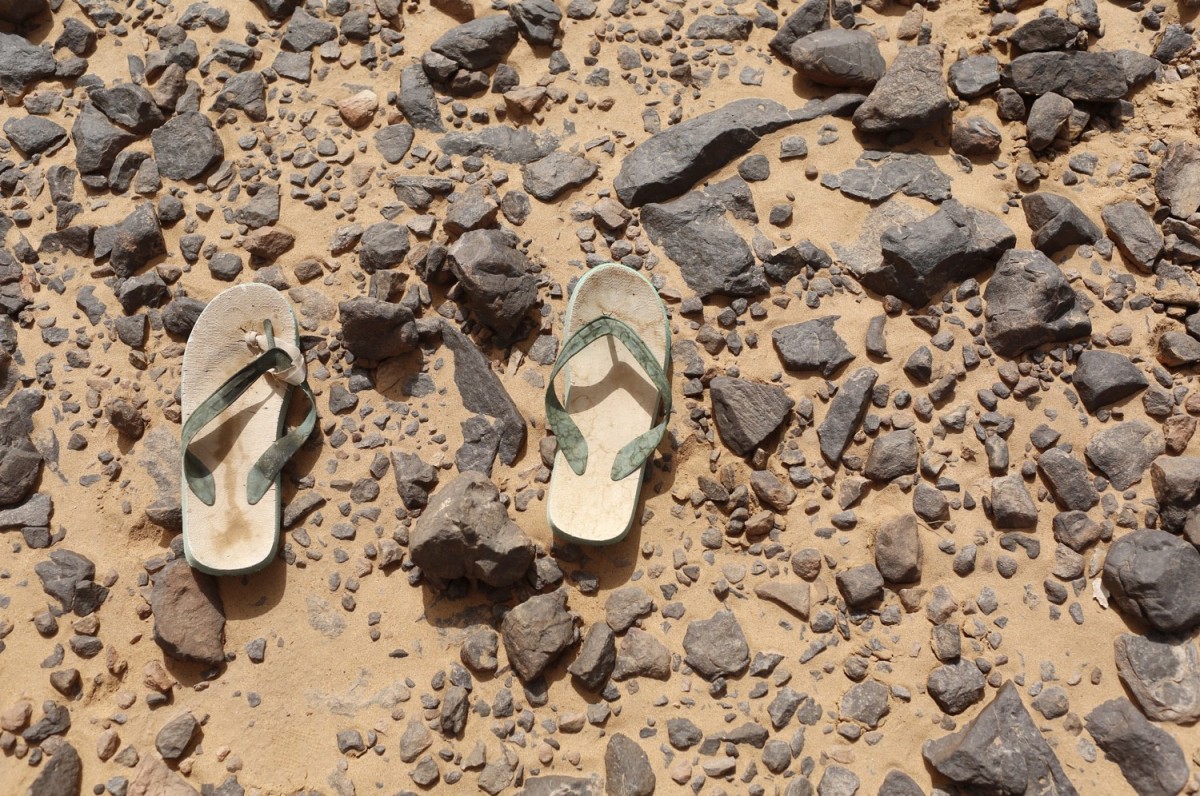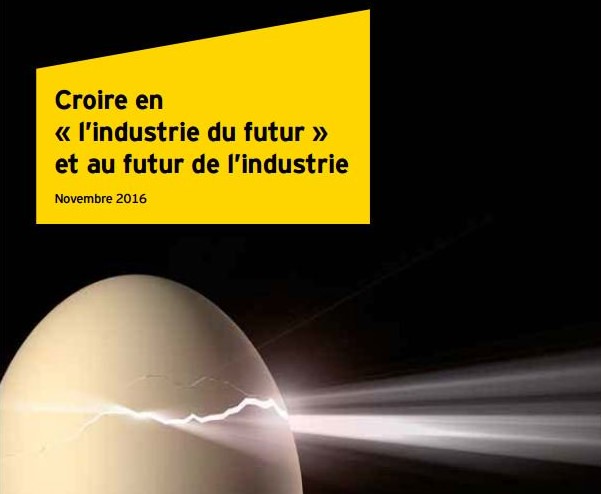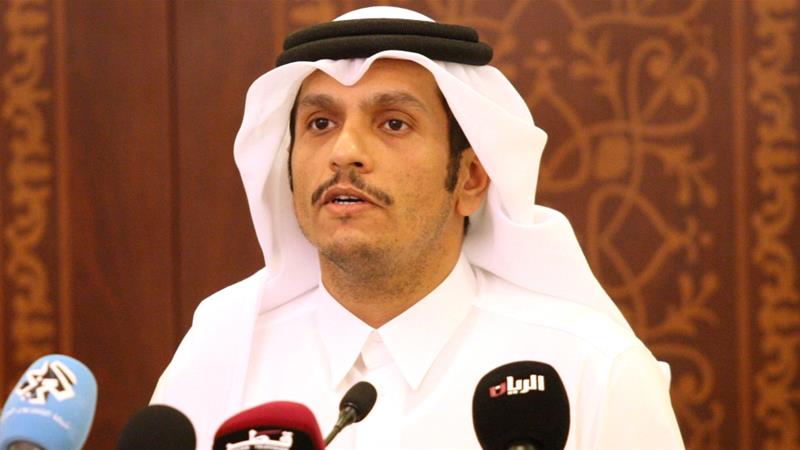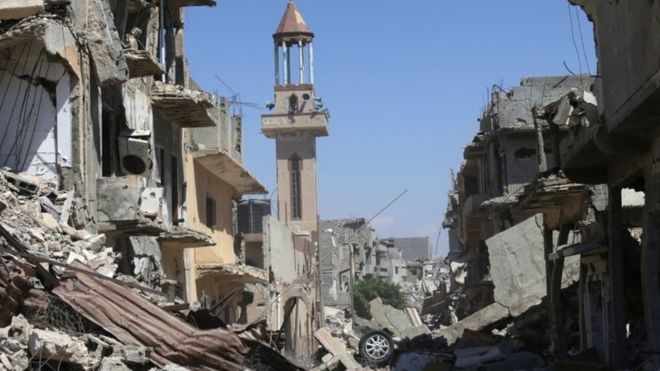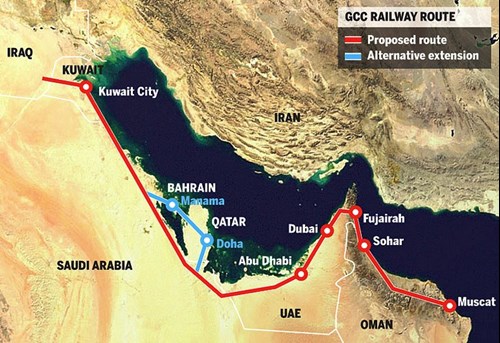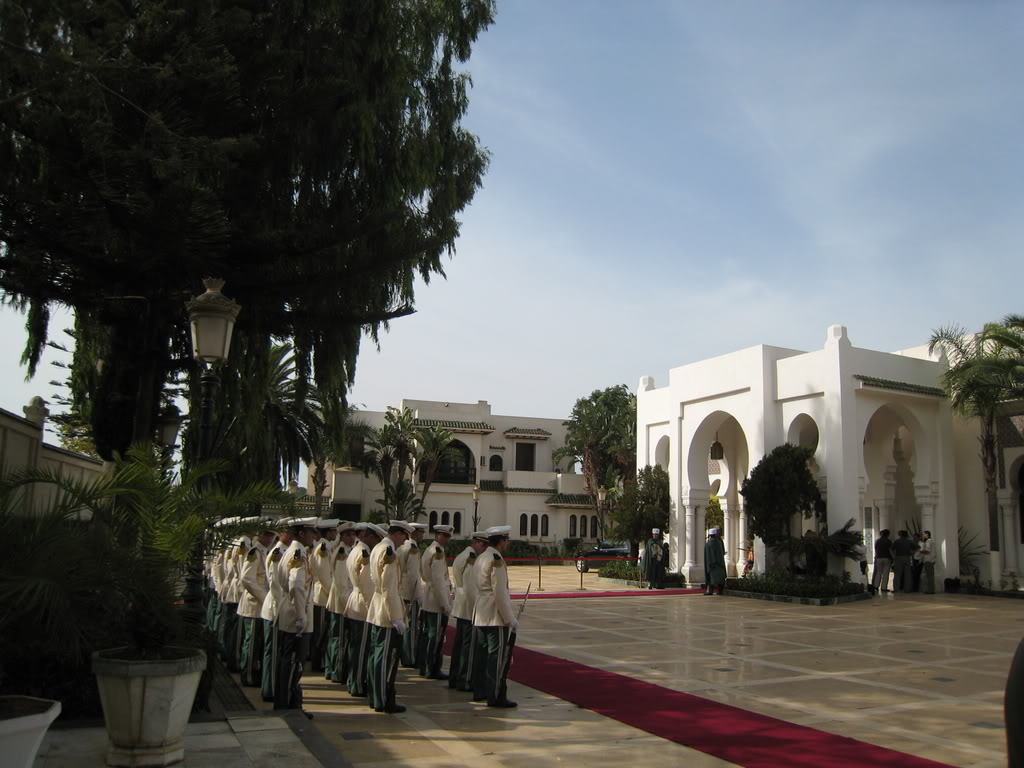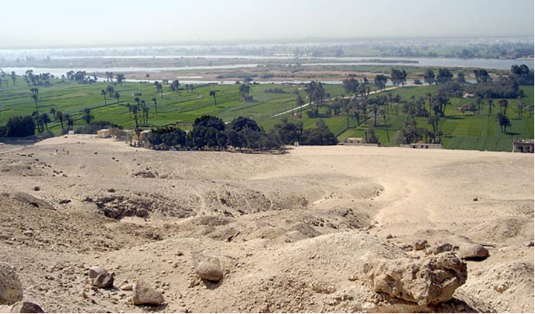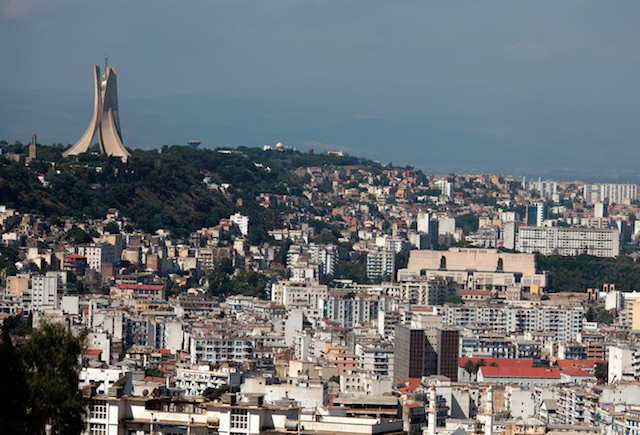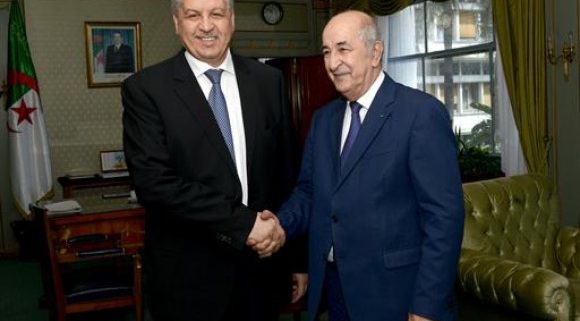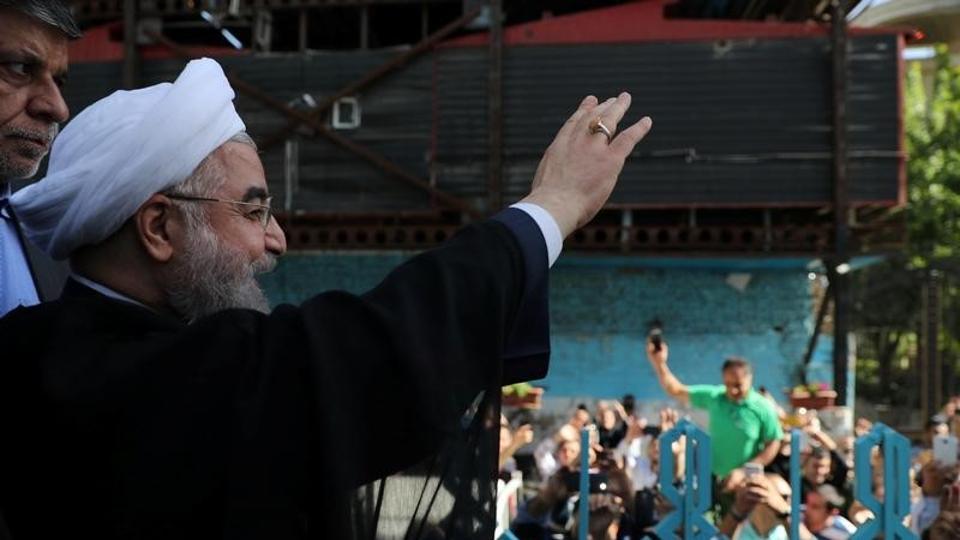And it needs a strategy adapted to the new realities
Algeria facing sub Saharan migration with difficulty is currently a very sensitive subject that divides the Algerians and in the opinion of the majority of the experts I consulted it is more complex than it appears. The migration issue would, to paraphrase the military language require having a strategic vision, taking account of the present world’s socio-political mutations. So it will be a matter of posing the real problems in order to perhaps get real solutions away from any demagoguery and one-upmanship. If the security aspect has to be looked at, so be it but as guarantor of national security.
We are in the era of globalization where migration flows are a reality. Transhumance as it were migration are fundamentally for the same causes of rapid urbanization and metropolization of the world, over-population pressures, sporadic unemployment, rapid spread of news and literally transnationalization of migratory networks.
The categories of migrants and countries have become more complex, the globalisation of migration with a regionalisation of migratory flows. Globally, migrations are organized geographically where complementarities are built between start and host areas. These correspond to geographical proximity, historical, linguistic and cultural ties to transnational networks built by migrants and smugglers that form a formal or informal traffic, with space or no institutional facilities of passage.
Migration has more than tripled since the middle of 1970s: 77 million in 1975, 120 million in 1999, 150 million in the early 2000s, nearly 300 million in 2017. In 2016, immigration from the Africa of 1.2 billion people exceeded the Syrian, Iraqi, and Afghan arrivals in Europe. What will it be when that continent will accommodate 2.5 billion people, or a quarter of the world’s population in 2050?
According to an article by Le Monde of January 6, 2017 citing Frontex, the European Border and Coast Guard Agency, 93% of those who landed in Italy, came from that continent. This agency estimated that “this reflects the growing migratory pressure on the African continent, and particularly in Western Africa that is responsible for the bulk of the growth in arrivals by this route in 2016”.
African immigration is mixed, consisting of eligible refugees in Asylum Law (Eritreans, Sudanese, Ethiopians), but also economic, particularly from the West African migrants. The main communities arriving in Italy, the Nigerians constituted 21% of the entrants, followed by Eritreans (11.7%), Guineans (7.2%) and the Ivoirians (6.7%). This reflected the factors of mobility for different reasons: discrepancies between the levels of human development, political and environmental crises producing refugees and displaced, decreasing costs of transport, generalization of passports issuance, role of the media, rising consciousness that change to life by international migration is feasible.
Global warming that is already affecting Africa is anticipated to hit it harder by 2025/2030/2040, thus will most certainly accentuate this exodus.
The reasons are multiple and could be that : a prevailing hopelessness in all those poor countries that are badly governed. It is up to the leaders of the South to take their responsibility instead of always taking advantage of the exceptional wealth of resources of this continent whilst encouraging corruption and enabling purchases of luxury assets deposited in tax havens.
If there is a corrupted, then there must be a corruptor. A recent report by the United Nations shows illegal capital transfers from Africa to the rest of the world between 1980 and 2010 exceeded the current gross domestic product of Africa and all related cumulated aid. The Valletta summit in November 2015 that brought European and African leaders together was devoted to this topic, but the measures announced are not considered sufficient despite the €1.8 billion cheque signed by the European Union to these countries.
Lack of good governance and total absence of a real fight against corruption, hence demonstrating a certain lack of morality, the African leaders, would go as far as instead of avoid these fratricidal wars for either seizing power or any other objective not always honourable. The majority of them leaders were unable to lay real development programs, not to mention having a very contemptuous attitude for their elite pushing its members to a certain brain drain, unlike their speeches that under a false guise of “nationalism” that does not carry anymore.
These factors highlight the bipolarization between three worlds that of the wealthy, the emerging and the poor countries that push their people of the latter to a certain and continuous exodus as we can daily witness from this tragic collective suicide of thousands trying desperately to cross seas and land borders for a better and / or safe life. Leaders of the North and equally of the South are largely responsible for this state of affairs.
Faced with this situation, the Algerian leaders must have a different vision because Algeria is no longer considered a transit or passage only, but a country where Africans and others settle permanently.
The agreement between the EU and Turkey, signed in March 2016 and by which Ankara agrees against finance to control the passing emigration to Europe through its territory, is an explanation to what many Africans decide to settle permanently in the neighbouring countries including Algeria.
Today Africans from south of the Sahara represent barely 10% of migrants in the world, and most of these ‘displaced’ just moved into a neighbouring country of their own. According to the IOM, in 2015, I quote from the report: “on the 32 million who took to the road, half of them have asked their bag on their continent.
A new situation is before us and it is that of the African migrants who did not come of their own accord but have fled misery and war, no longer pass but settle permanently at the level of the regions of the Maghreb including Algeria as per international agreements.
This new situation therefore calls for new solutions; certainly not from a vision of xenophobic, racist, or from a behaviour alien to the nature of the Algerian population. It comes from adapting the Algerian legislation, but especially to coordinate all actions with Europe, with neighbouring countries, with all concerned African leaders with any involved repatriation, without devaluing the human person. Also there is need to establish some of residence and transitional system of identification for a chosen emigration depending on the particular needs of Algeria in agriculture, tourism, building and infrastructure development, etc. all whilst avoiding any demeaning assistance.
The position of Algeria since independence has been a consistent one towards Africa, its natural economic space. It would be a trial of intention to, as we currently see it through the majority of the international media to misrepresent it as efforts against these migratory flows. These must be pooled, Algeria being unable to endure the financial weight to it, on its own.
As such I would think that the words of the Chief Clerk of the Presidency, speaking as a supporter as a Secretary General. of a leading party can only be as or poorly formulated and therefore have been widely misinterpreted. It simply belongs to the Algerian leaders to speak with one voice so as to avoid misinterpretation.
In short, immigration raises the issue of global security that would require quick involvement with an overhaul of international relations based on win/win partnership but also and especially a renewed governance of each and every African country. Africa is endowed with a high and rich potential but is presently enduring growing hardship with no end in sight. For as far as Algeria is concerned, his Excellency Mr. the President of the Republic has always paid a particular attention as demonstrated with the NEPAD initiative.

ademmebtoul@gmail.com


